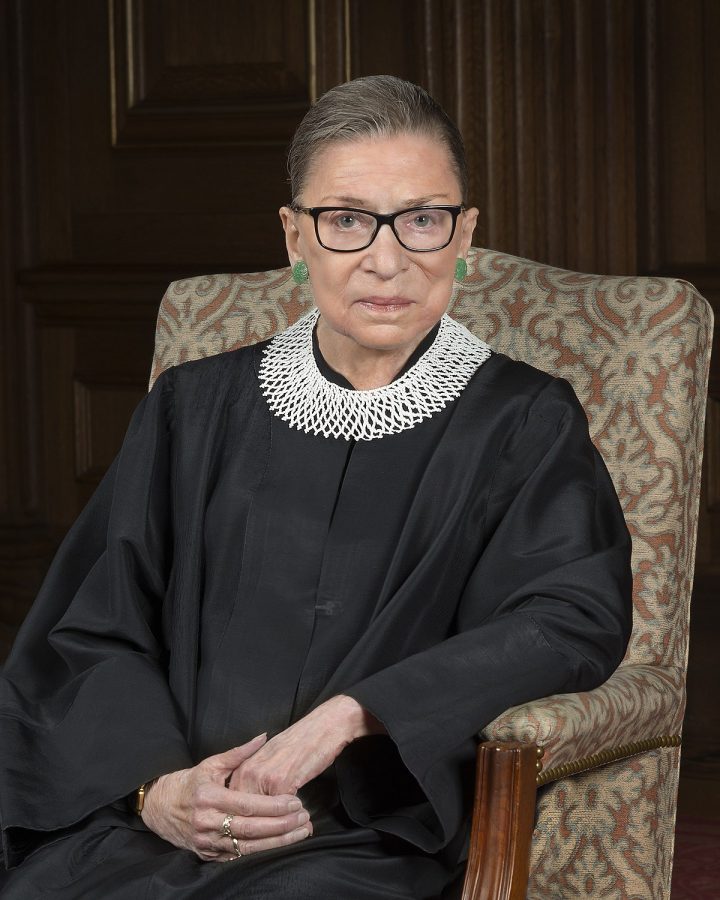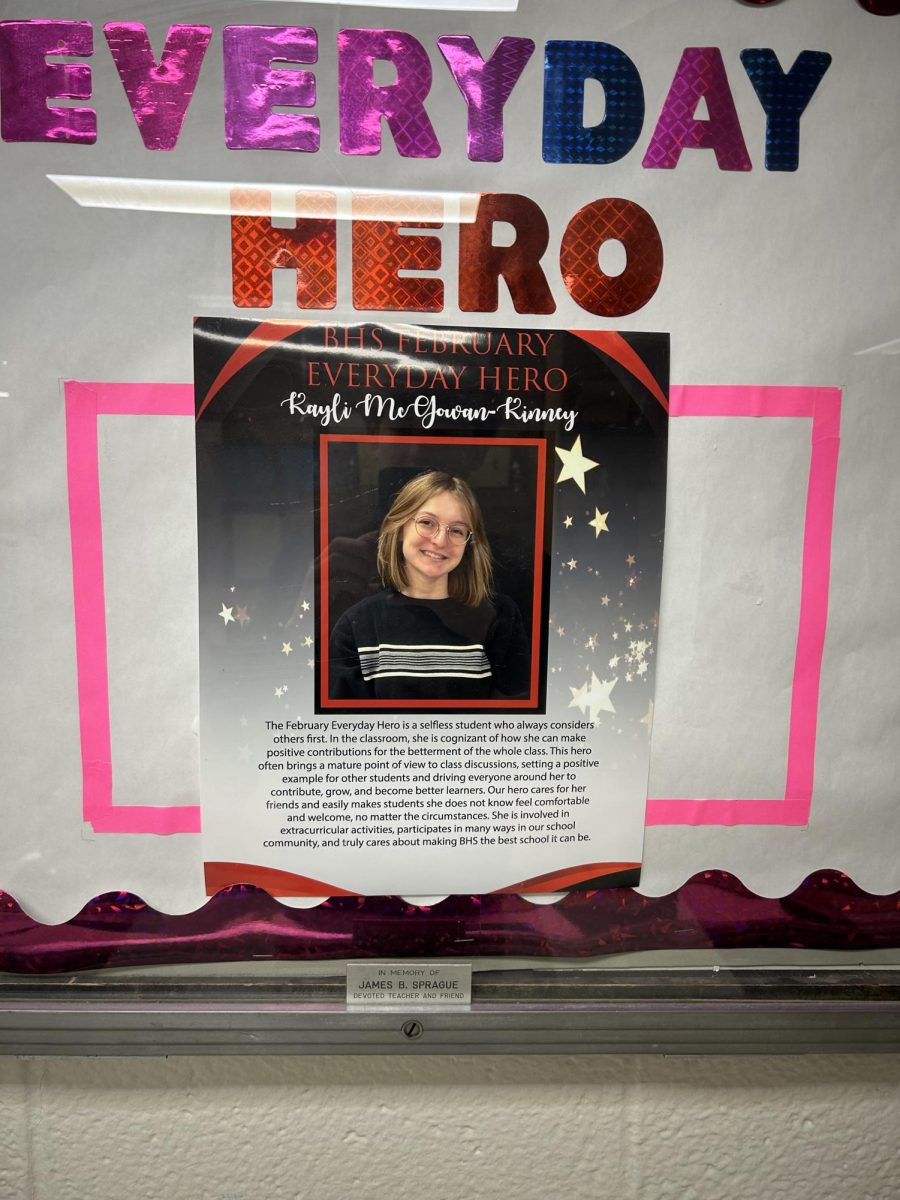Ruth Bader Ginsburg, also frequently referred to as RBG, was an icon for women’s rights and gender equality. Ruth Bader Ginsberg was the second woman and the first Jewish woman to serve on the Supreme court. Hundreds of people gathered in front of the Supreme Court in Washington, D.C., only a few hours after the news of Ginsburg’s death.
Joan Ruth Bader was born on March 15, 1933, in Brooklyn, New York. She was a good student from the start, graduating high school early at the age of 15. Bader attended Cornell University, an Ivy League school in Ithaca, New York. Bader met her soon-to-be husband there, Martin Ginsberg. She graduated as the highest-ranking female student.
She then went on to study at Harvard Law School, where she was one of only 9 women in a grade of 500 men. Ginsberg then transferred to Columbia Law, when her husband took a job in New York City. She graduated, tied for the first ranking.
Ginsberg struggled to get a job at first, getting rejected for a clerkship position for her gender. Eventually Judge Edmund L. Palmieri gave her a chance to prove herself, which she did.
In 1980, she was appointed to the Court of Appeals of the District of Columbia by President Jimmy Carter, where she remained until 1993.
In 1993, Ginsberg was then nominated by Bill Clinton to be one of the Supreme Court Justices, and was selected again. She was one of the liberal Justices to serve the Supreme Court. Her time on the bench was one in which gender equality was addressed and advanced.
Ginsberg has spent much of her life fighting for gender equality, winning many cases before the Supreme Court, including Frontiero v. Richardson, a case in which she challenged a law in which it made it harder for women to claim an increased house allowance than men.
She also co-founded the Women’s Rights Project, a group fighting for feminism and gender equality. She later became the project’s general counsel.
In the case of United States v. Virginia, Virginia Military School (VMI) had a male-only admissions policy. This was a violation of the Fourteenth Amendment, and the Supreme Court Justice struck down their policy in a 7-1 decision.
Ginsberg also had consistent views on Abortion rights, saying that the government had no right in saying what a woman should do with her own body.
RBG endured 5 bouts of cancer, and still continued to serve on the bench the whole time. A few days before her death, she told her granddaughter Clara Spera, “My most fervent wish is that I will not be replaced until a new president is installed.”
Joan Ruth Bader Ginsberg passed away on September 18, 2020.













